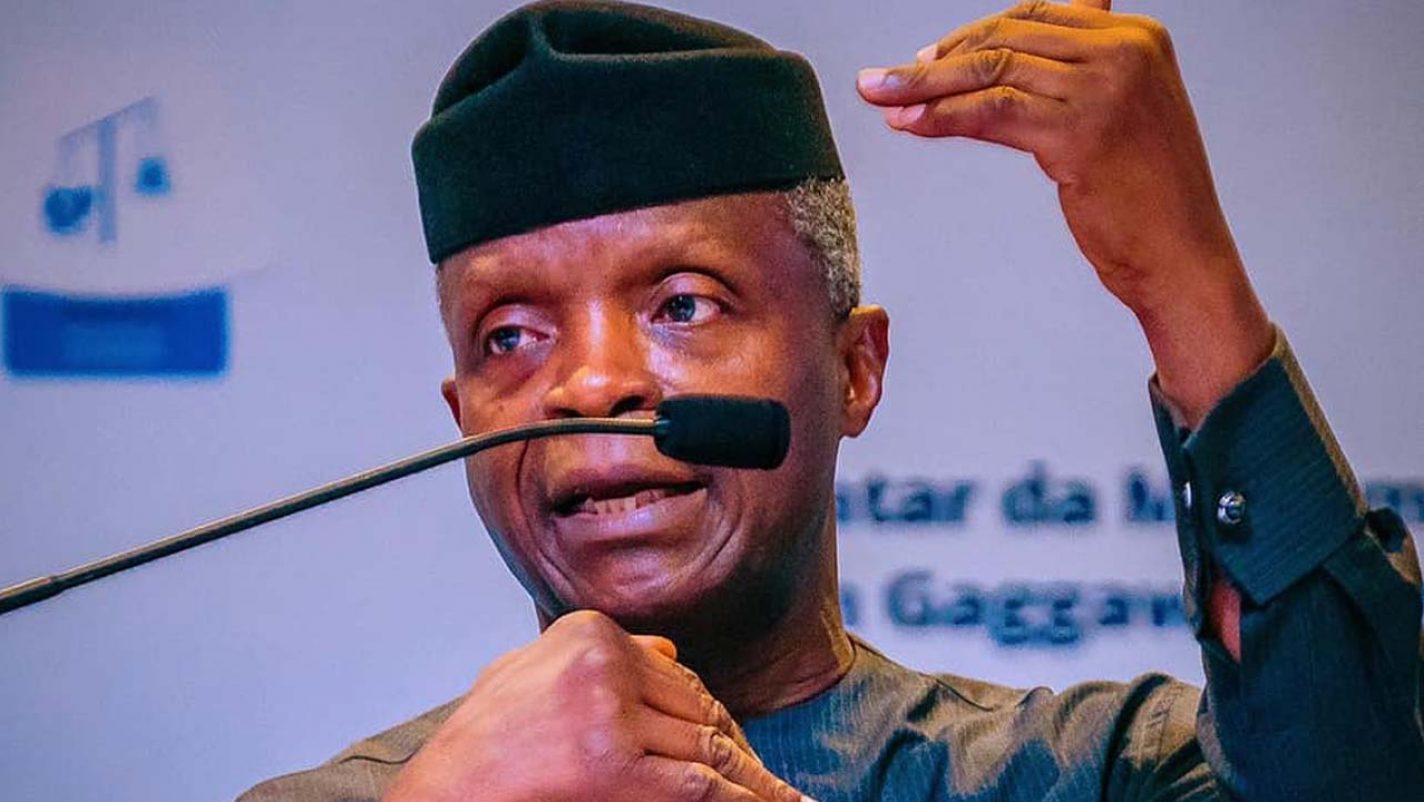Nigeria Vice President, Professor Yemi Osinbajo has told the international community that most violence and insecurity reported across the country usually occur in remote areas but made widespread by social media.
Newsonline reports that the vice president, Osinbajo also told the international community the country is doing well in economy but was wrongly being compared with smaller African countries, which is unfair.
Osinbajo stated this while addressing a group of students from Harvard Business School on Sunday at the presidential villa in Abuja.
According to a statement signed on Sunday by his Senior Special Assistant on Media and Publicity, Laolu Akande, Osinbajo told the international students that some states in the country have populations of more than ten African nations put together.
The Harvard Business School students were on an African excursion and interacted with VP on leadership, faith, spirituality, government policies in education, health, economy, and national image, among others.
The statement is titled, ‘Why I value transparency and social justice, by Osinbajo.’
READ ALSO: $23bn Abacha Loot: SERAP Gives FG 7 Days To Publish Details Of Agreement With US
Professor Osinabjo said, “First, there is a need to appreciate the size of the country, which is crucial to understanding what the issues are.
“For instance, Borno State is about the size of the whole of the United Kingdom plus Sweden or Denmark. So, when it is reported that there is violence in Nigeria, it is probably an incident in one remote area of the country, and many people in Abuja and Lagos may hear about it on social media, such is the size of this country.
“When they talk about the economy, we are often compared with smaller African countries, but there are 10 states in Nigeria that have bigger GDPs than those countries, it is a huge target market.”
Responding to the question about some inaccurate characterization of Nigeria in sections of the international community, the Vice President said:
“It is important to constantly engage the international community to show them how we feel about the stereotypes. It comes down to the work we do as a government and people about the characterization. This is why the work around the ease of doing business is the initiative that has behind it, the whole idea that this environment is one that is welcoming to business and people can come and do business.”














